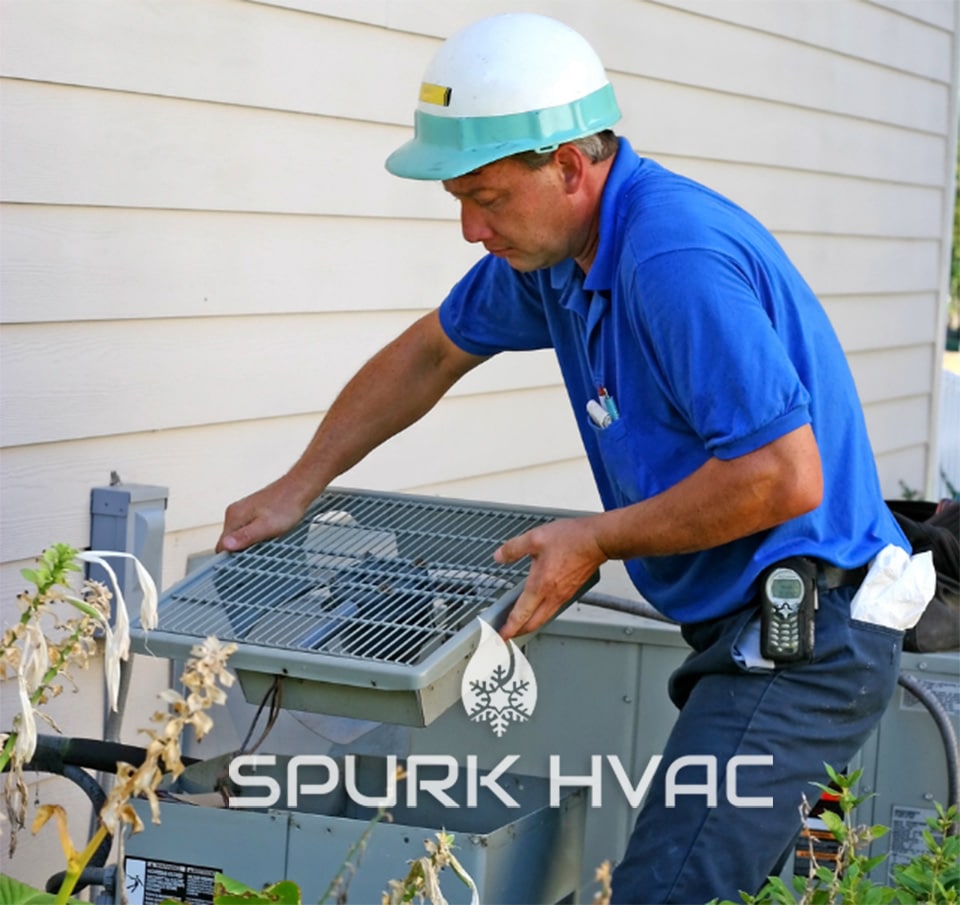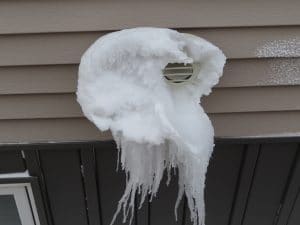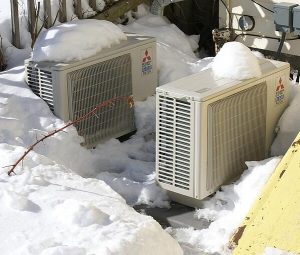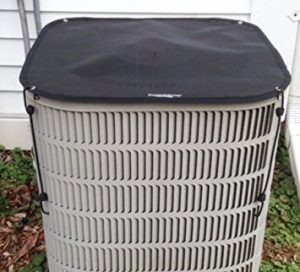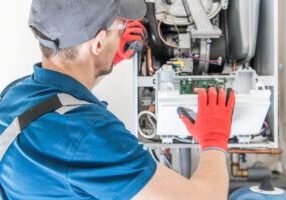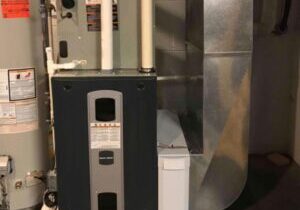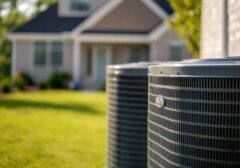Protecting Your HVAC System This Winter:
Living in Western Pennsylvania during winter means battling the elements…inside and outside. In fact, this past week much of Western PA received a taste of what winter 2020 can bring us.
When we head outside, we need to contend with freezing weather, slippery sidewalks, and treacherous, icy highways. When we’re indoors, we need to worry about things like frozen pipes, heavy snow collecting on the roof, and making sure sidewalks are clear.
Did you know you also have to keep an eye on your HVAC system? We’ve been around for a little over 20 years and we can tell you from experience that the absolute worst time for something to go wrong with your furnace is in the middle of a cold and snowy winter.
Depending on the type of system you have, your considerations for caring for said system may vary slightly.
Gas furnaces
If you use a gas furnace to heat your home, make sure you’ve protected the exhaust/intake pipes against melting and accumulating snow. Without proper protection, these pipes are at risk. When the snow gets in, melts, and refreezes, the pipes can become shrouded in ice, causing your heating system to shut down due to a built-in safety mechanism (modern units).
The controls and valves on gas furnaces and boilers are vulnerable to water damage, which not only makes your system less reliable but also presents a fire hazard. If you think water from melted snow has gotten into your furnace, get the unit checked by an authorized HVAC professional as soon as you can.
If the exhaust vent is completely buried with snow, hazardous combustible materials including carbon monoxide (CO) can be forced back into the home. CO is odorless and colorless and can be very harmful to both people and animals.
Pro Tip: Carefully remove all snow and ice from the vents and ensure that air is going in and exhaust is going out. Also, remember to install carbon monoxide detectors in your home.
Heat pumps
If you check on your heat pump and find that the is covered in ice, don’t panic. This is normal during periods of cold weather, like the winter months in Pennsylvania. When the heat pump is working to heat your home, it’s normal for a bit of frost to form on the coils. This happens when the pump generates heat, the refrigerant turns to gas, and then condenses when it meets the outdoor coil. In winter temperatures, this condensation will freeze. That’s why the pump also has a defrosting function.
A well-running heat pump works in cycles. Periodically, the coil will collect a layer of frost or thin ice when it’s cold outside. Then, when the unit reaches a certain point, the defrost cycle should automatically switch on to keep the pump working normally. As long as the condensing fan motor can pull air into the unit, there is no need to worry.
However, sometimes when the snow melts, that water can seep from your gutters & roof down to your heat pump. When that water freezes again, it can knock the unit off balance and lead to refrigeration leaks. While frost on the coil is common, a unit encased in ice is a serious matter and should be addressed immediately to avoid serious damage and energy loss.
Here are some signs that might signify that it’s time to call for professional help with your heat pump.
- The entire heat pump unit is frozen over.
- It has been frozen over for a long period of time.
- The top of the unit and inner coil seems to be covered in ice.
- The defrost cycle does not seem to be activating.
- Air is not being pulled into the fins of the unit.
Pro Tip: If your heat pump is blocked by ice or doesn’t seem to be defrosting enough to allow it to run normally, there are a few things you can check. Make sure that the air filter is in good condition. Replace the filter if it seems to be full of buildup. Next, inspect the fins of the condensing fan. Be sure to clear away any leaves or debris that may be blocking regular function. Then, set turn on the fan manually at the thermostat.
If no air output comes through the vents, it could indicate a problem. Finally, contact Spurk HVAC to report your findings and request assistance.
Protecting outdoor units
If you have an outdoor HVAC unit, there are some measures you can take to keep it protected before winter arrives:
- Look for the air conditioning circuit near the unit. Open the lip and turn the unit off, which will keep it from turning itself on during an unseasonably warm day. This will keep water – which would freeze when it gets cold again – out of the unit.
- Wash your outdoor unit to remove dirt, dust, dead insects, grass clippings, branches, leaves, etc., and allow the unit to dry.
- Surround the exterior of any exposed pipes with foam pipe covers to insulate them and keep them from freezing. Duct tape will hold the covers in place.
- Cover the unit with a plastic or vinyl sheeting, something that’s waterproof. You may be able to find a cover specifically made for an outdoor residential heating and cooling unit, but any plastic/vinyl cover that fits the unit will work.
- Wrap ropes or bungee cords around the cover to tie it down, and check the cover once a week to make sure it’s secure. Clear away snow, ice, twigs, and leaves.
About Spurk HVAC
Spurk HVAC was formed in 2018 and is located in Warrendale, Pennsylvania. We proudly serve Cranberry Twp., Wexford, Gibsonia, Mars, and the surrounding areas. We are an American Standard Customer Care Dealer and a Mitsubishi Diamond Contractor.
We service all makes and models. Please contact us if you are seeking heating repair, heating system replacement, air conditioner repair, air conditioning maintenance, air conditioning replacement, or any other heating & cooling services. Whether you are looking for residential or commercial HVAC services, we look forward to any and all opportunities to become your preferred HVAC contractor.



